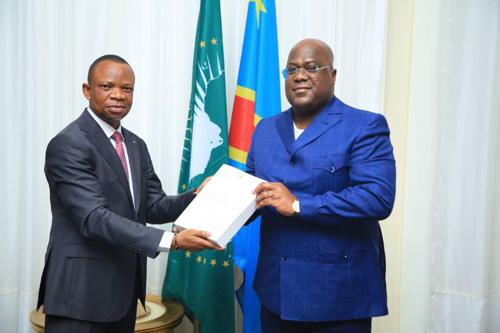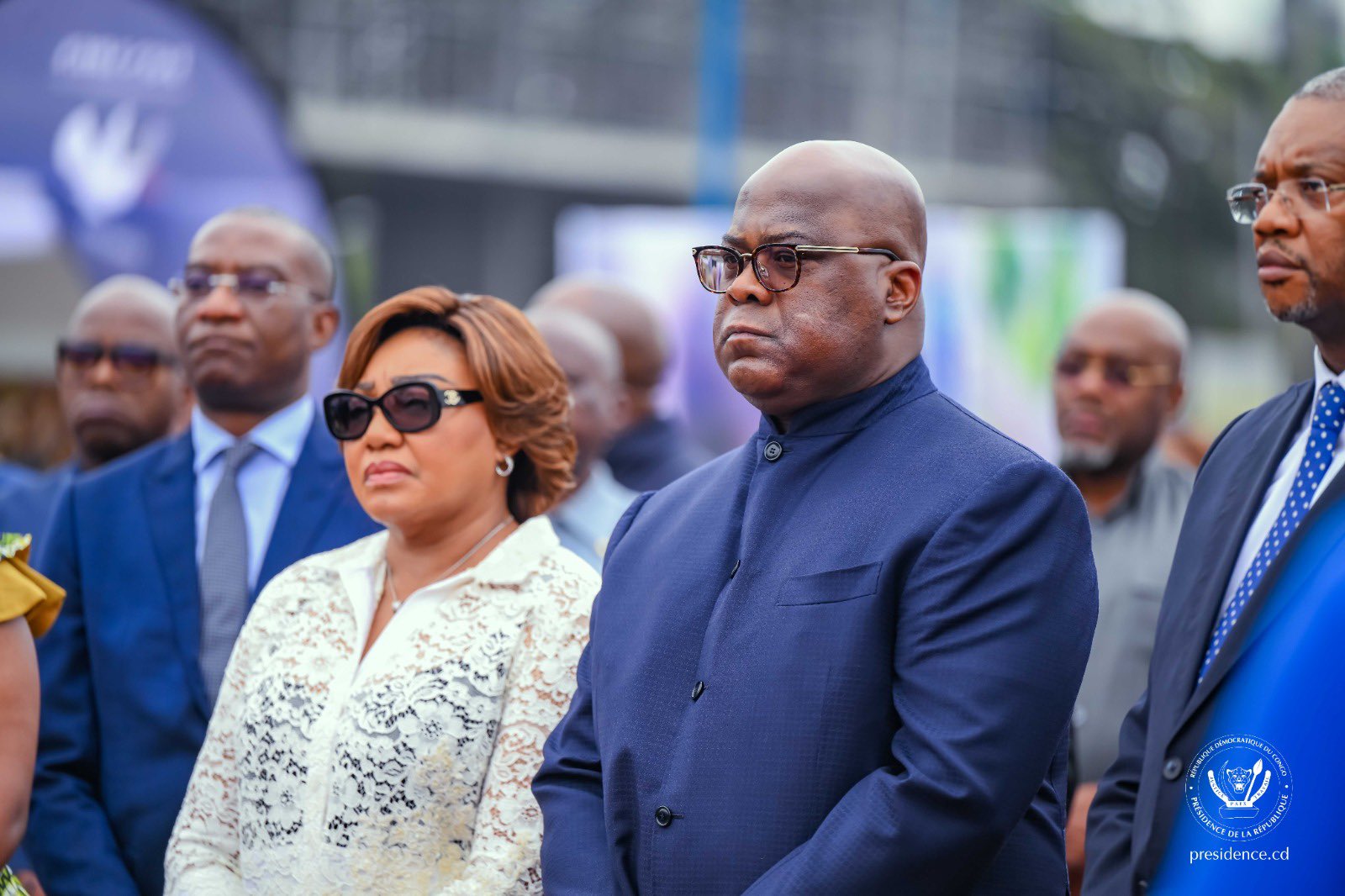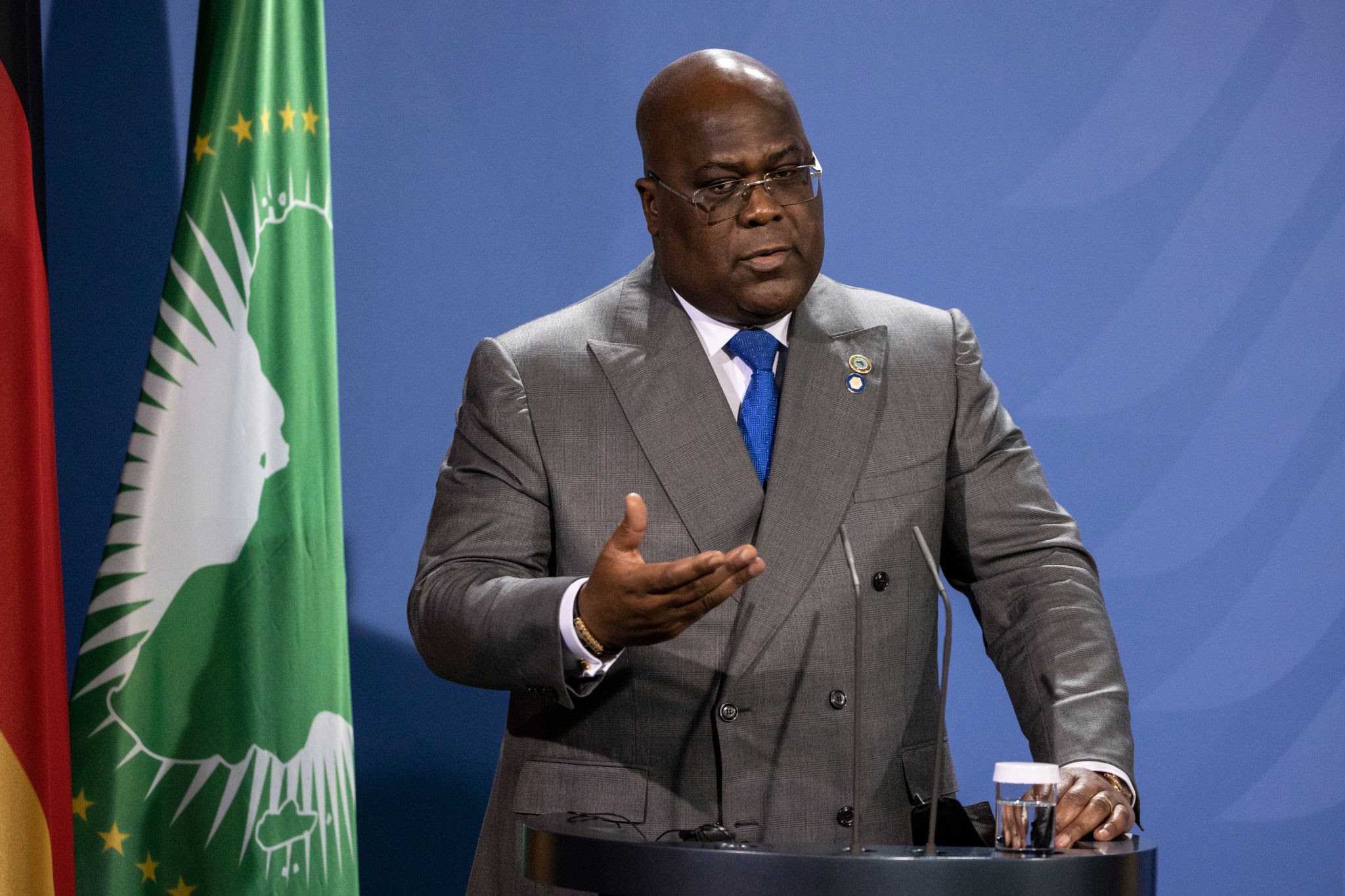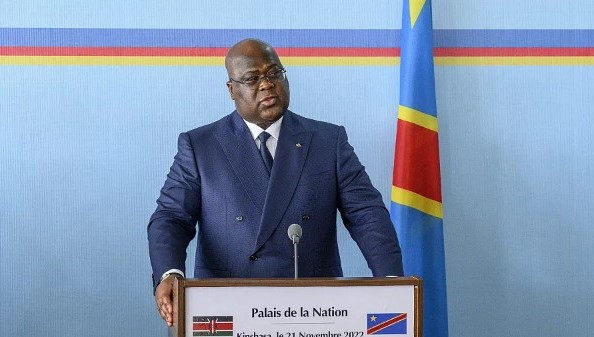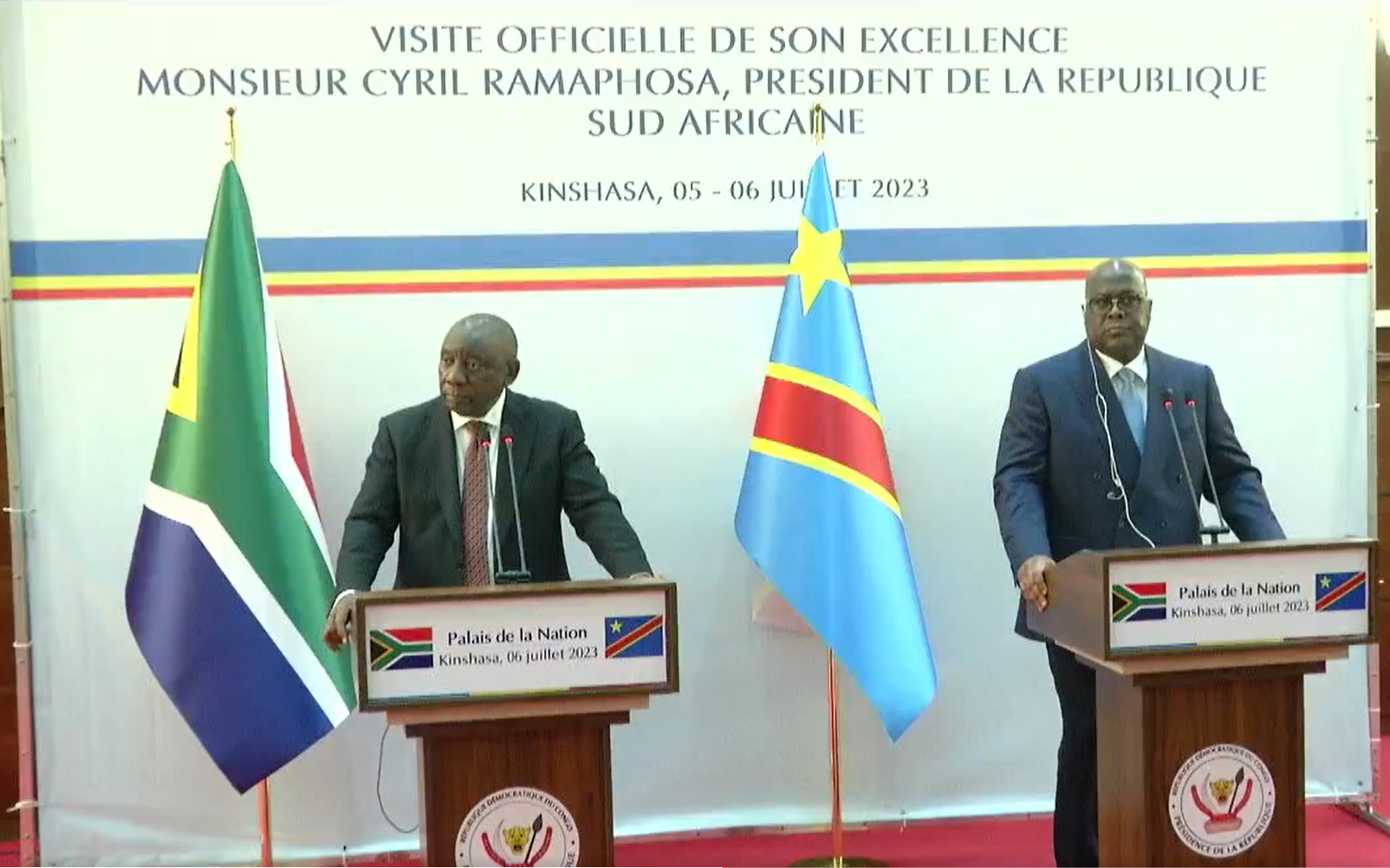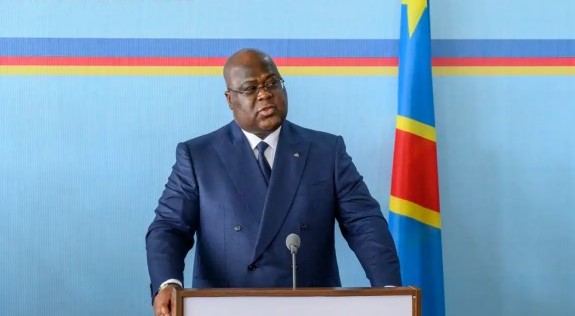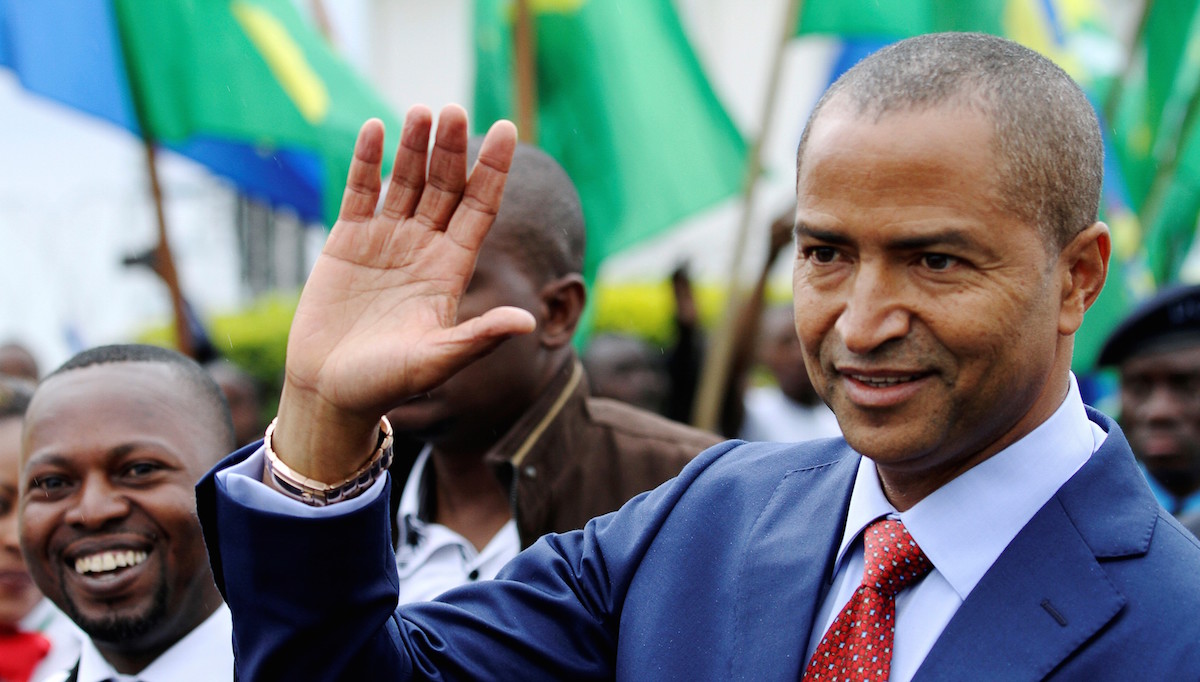Regional
Museveni, again, urges Tshisekedi to hold talks with M23 rebels
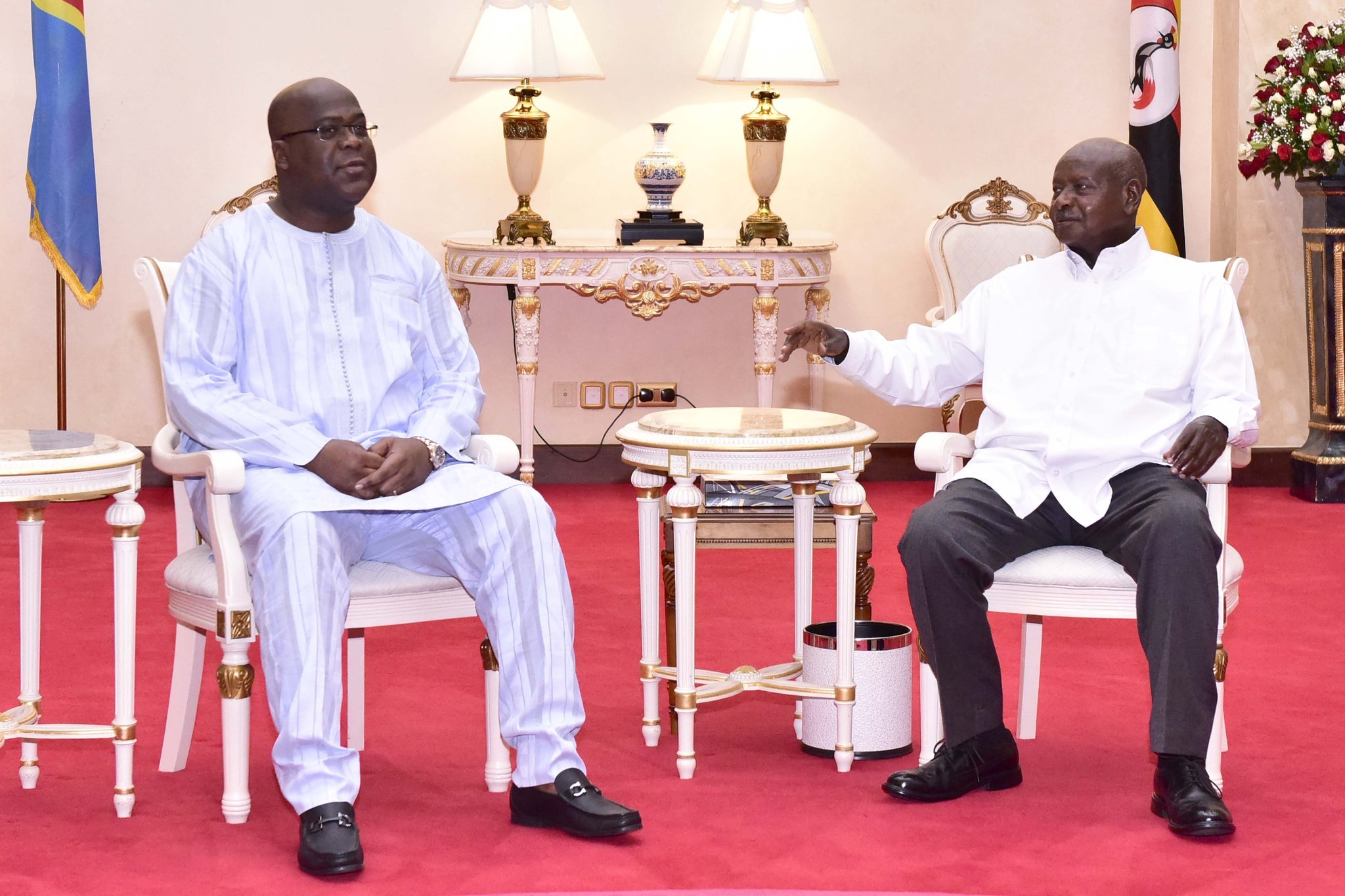
It is
close to two years since the resurgence, in 2021, of the M23 rebellion in east
Democratic Republic of Congo (DRC).
The rebels’
demand is dialogue with Kinshasa but the latter has consistently refused and
there is no hope that their rebellion will end anytime soon.
They
want the DRC government to, among others, integrate them into the national army,
as well as allow a return home of all Congolese refugees living in exile.
Ugandan
President Yoweri Museveni who keenly follows the conflict in eastern DRC sees
this as a problem that should not take years to solve.
On July
24, Museveni again said that the M23 problem is a political problem that can be
solved by discussion because the rebels are not asking for big demands to end
the conflict.
“I
don’t think they [M23] are asking for big things. Sharing power or what, no.
Their demands are simply ‘to go back to their homes which they run away from
and to be integrated into the army’. How can this be a problem?”
“So,
we are encouraging Tshisekedi to agree with them and if they do not want to
discuss, then we can treat them as a negative force and act against them,”
Museveni added.
This
is not the first time that Museveni advised his Congolese counterpart Felix
Tshisekedi, to sit at a negotiation table with the M23, for the sake of lasting
peace in the east of his country.
The
Ugandan president also made this call in June 2023, during the meeting with the
parliamentarian committee from the DRC’s Ituri Province.
He urged Tshisekedi to “engage in peace talks
with the M23 rebels” noting that “inclusivity is crucial for achieving lasting
peace in the DRC”.
All
these calls fell on deaf ears. Kinshasa wants nothing but war, blame games, and
genocide-laced language, which has never solved any conflicts in the world.
South
African President Cyril
Ramaphosa and France’s Emmanuel Macron, during their different state visits in
Kinshasa, advised the Congolese president to contemplate negotiation with armed
groups and address the insecurity crisis from its roots.
Ramaphosa underscored that the best way of
resolving conflicts “is still dialogue.”
Related: Will Tshisekedi listen
to Ramaphosa, dialogue with M23?
Tshisekedi ignored the message and kept advancing
his old-fashioned narrative of blaming Rwanda, a move criticized by many
politicians including Macron.
Macron said that Congolese authorities should
look for solutions to their security challenges, instead of always putting the
blame on external actors.
Related: Macron’s bitter truth
exposed Tshisekedi's weaknesses
Apparently, peace is not what Tshisekedi wants.
He is keen on anything that can help him stay
in office, which is insecurity.
If the international community is really
concerned about the insecurity in eastern DRC, and wants lasting peace, it
should look behind the curtain and hear the grieving voices of Congolese
refugees and Rwandophones who for decades were denied their rights as Congolese
citizens.


